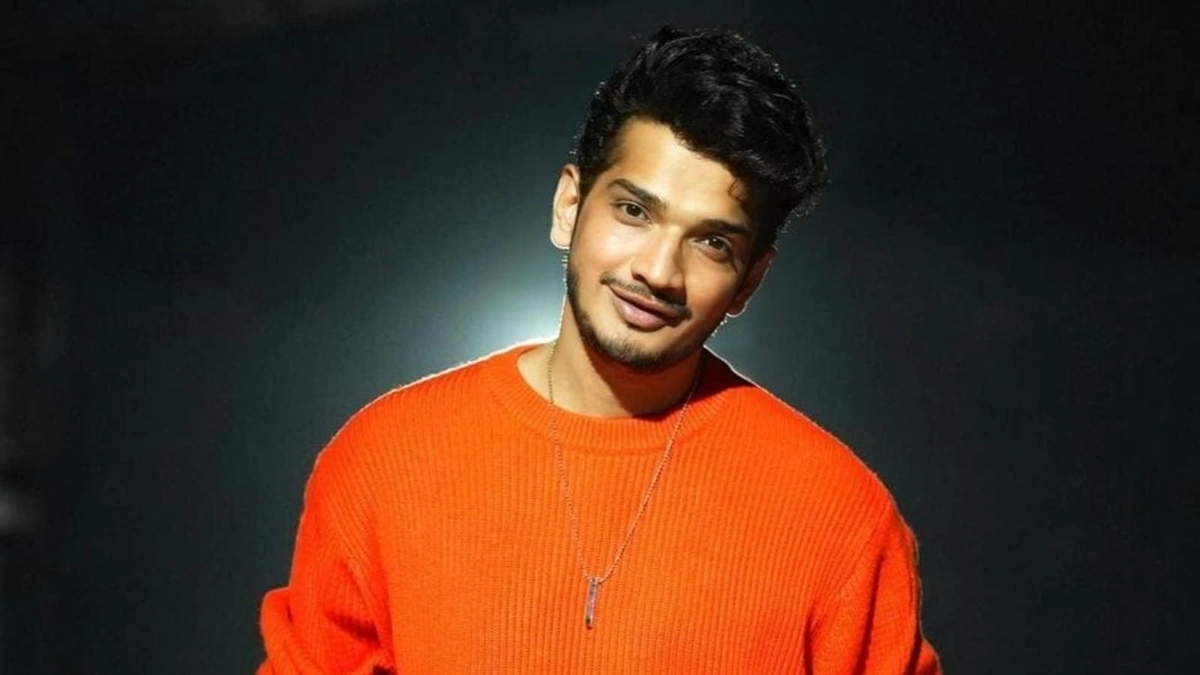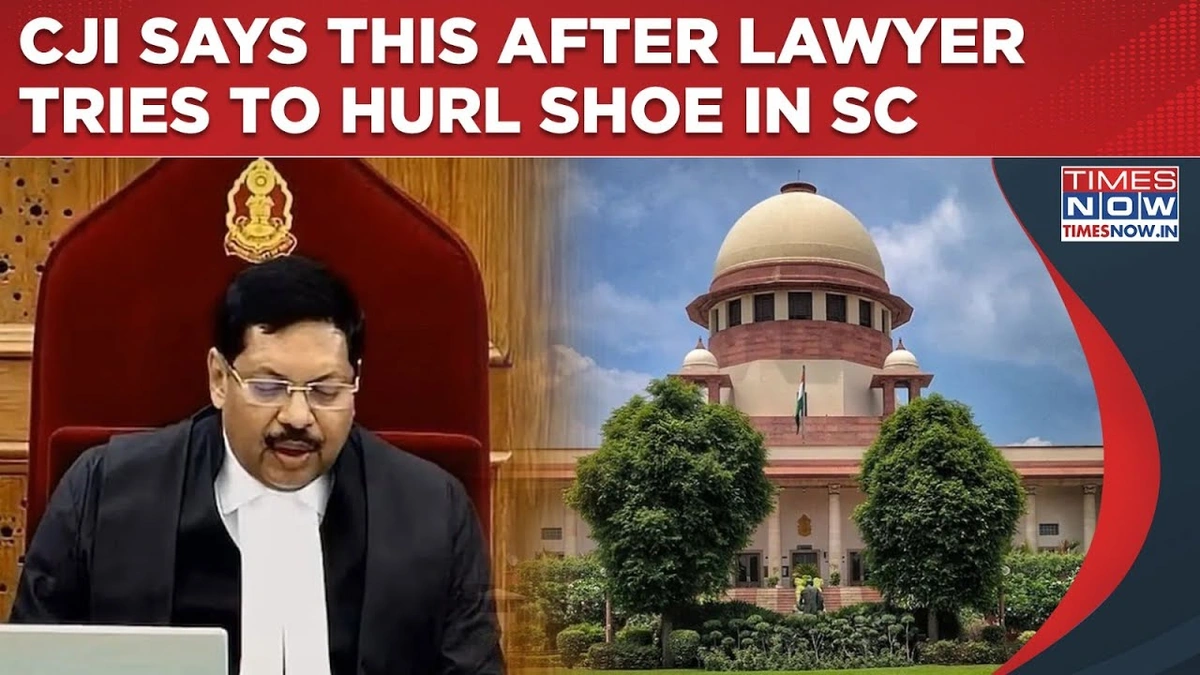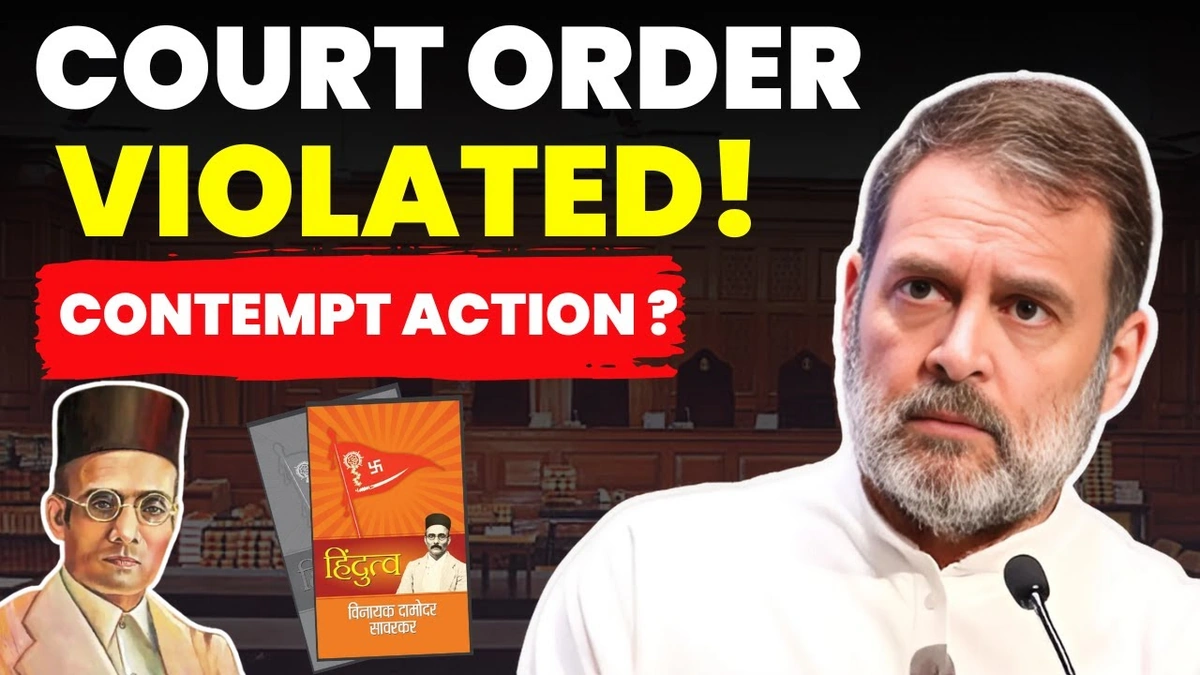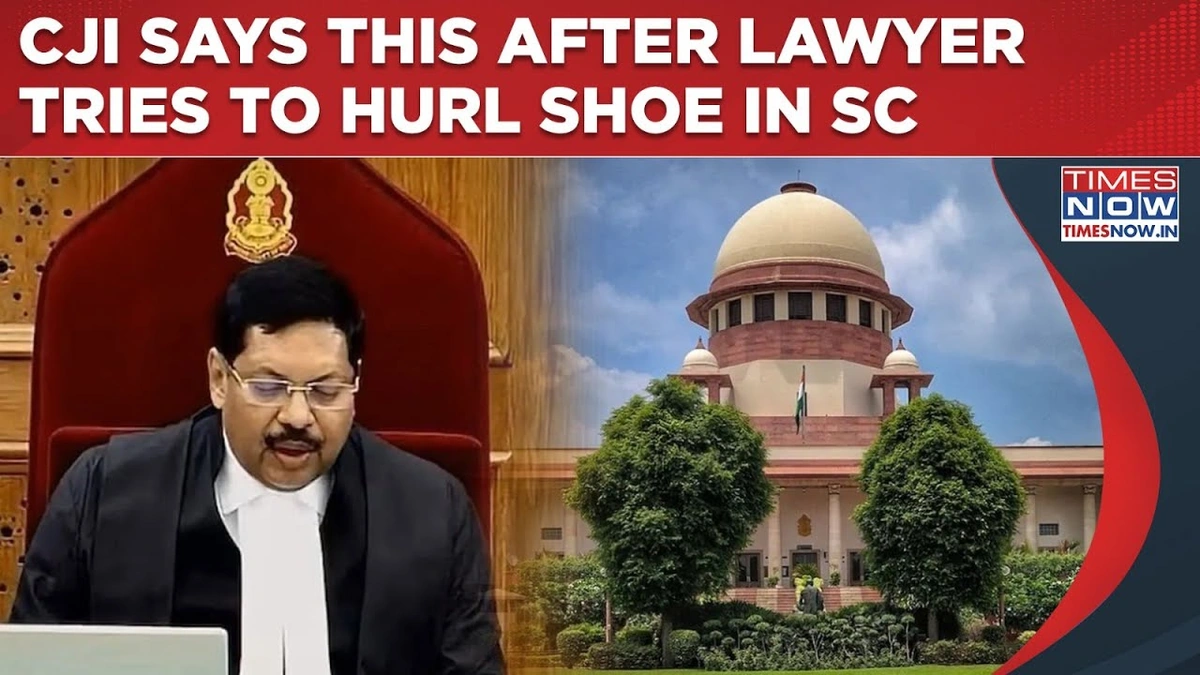Munawar Faruqui’s Journey | More Than Just Headlines – Understanding the “Why”
Munawar Faruqui. The name itself conjures a whirlwind of opinions, debates, and – let’s be honest – controversy. But beyond the headlines, the social media storms, and the concert cancellations, lies a story begging to be understood. This isn’t just about a comedian; it’s about the evolving landscape of free speech in India , the power of satire, and the delicate balance between artistic expression and public sentiment. So, let’s dive deeper, shall we? This isn’t just news; it’s context. And, context, my friends, is everything.
The Ascent and the Storm | A Quick Recap

Munawar Faruqui first gained prominence through his stand-up routines and YouTube videos. His comedy, often observational and laced with social commentary, resonated with a large segment of the Indian youth. He quickly became a popular figure, touring across the country and amassing a significant following. Here’s the thing: his success wasn’t just about jokes; it was about connecting with an audience that felt seen and heard. But, as is often the case, success came with its own set of challenges.
In early 2021, Faruqui found himself at the center of a legal storm after being accused of insulting Hindu deities during a performance. This led to his arrest and subsequent imprisonment. The aftermath was a series of canceled shows, online abuse, and a deeply polarized public discourse. Suddenly, the comedian was not just an entertainer; he was a symbol – a lightning rod for larger societal anxieties about freedom of expression, religious sensitivities, and the limits of satire. According to various news sources, the legal battles are still ongoing, adding another layer to this complex narrative.
Why Does Munawar Matter? Beyond the Punchlines
So, why should we care? Why is Munawar’s story more than just tabloid fodder? Because it reflects a fundamental tension in modern India. On one hand, we have a constitutional guarantee of freedom of speech and expression. On the other, we have a society grappling with issues of religious identity, historical grievances, and the ever-present potential for social unrest. Munawar’s case highlights the difficulties in navigating these complexities. What fascinates me is how art becomes a mirror reflecting society’s unspoken anxieties.
The implications are far-reaching. The treatment of Faruqui sends a chilling message to other artists and comedians, potentially leading to self-censorship and a stifling of creative expression. This isn’t just about one comedian; it’s about the health of our democracy and the space we allow for dissenting voices. Marathi TV news channels have also covered similar instances of censorship in the entertainment industry. A common mistake I see people make is to dismiss this as “just comedy.” It’s not. It’s about the very foundation of our rights.
The Role of Social Media | Amplifying Voices, Fueling Divides
Let’s be honest – social media has played a crucial role in shaping the Munawar Faruqui narrative. Platforms like Twitter and Facebook have become battlegrounds for competing narratives, with supporters and detractors using them to amplify their voices. On one hand, social media has provided a platform for Faruqui’s fans to rally behind him, organize online campaigns, and raise awareness about his situation. On the other, it has also been used to spread misinformation, incite hatred, and coordinate online harassment campaigns against him.
What fascinates me is the speed and intensity with which these online debates unfold. A single tweet can spark a nationwide controversy, and a viral video can quickly escalate into a full-blown social media storm. The algorithmic nature of these platforms often reinforces existing biases and creates echo chambers, making it difficult to have nuanced conversations and bridge ideological divides. Think about the numerous instances of fake news circulating regarding the stand-up comedian . It’s a wild west out there, folks.
And, it’s not just about Faruqui. The same dynamics are at play in countless other situations, from political debates to cultural controversies. The key takeaway is that social media is a powerful tool, but it’s one that needs to be wielded responsibly and with a critical eye. We need to be aware of the potential for manipulation and the importance of seeking out diverse perspectives. As per guidelines from various cybersecurity experts, verifying information sources before sharing is paramount.
The Path Forward | Dialogue, Understanding, and Tolerance
So, where do we go from here? How do we navigate these complex issues of freedom of speech, religious sensitivities, and social media polarization? There are no easy answers, but I believe the path forward lies in dialogue, understanding, and tolerance. We need to create spaces for open and respectful conversations, where people can express their views without fear of retribution. We need to be willing to listen to perspectives that differ from our own and to engage in constructive debate. And, most importantly, we need to cultivate a culture of empathy and understanding, where we recognize the shared humanity that binds us together.
The challenge is immense, but the stakes are even higher. The future of India depends on our ability to bridge these divides and to build a society where diverse voices can be heard and respected. It’s about creating a nation where a young comedian’s career isn’t constantly under threat. It’s about upholding the values enshrined in our constitution. GST changes and the economy are also important, but the freedom of expression underpins the very system that allows for economic discussions.
What initially seemed straightforward has turned into a complex exploration of India’s cultural and political landscape. The story of Munawar Faruqui’s shows is more than a series of events. It’s a call for reflection and action. It’s a reminder that the principles of free speech and tolerance require constant vigilance and a willingness to engage in difficult conversations. Here’s the thing: Our democracy depends on it.
FAQ Section
What were the initial charges against Munawar Faruqui?
Faruqui was initially accused of insulting Hindu deities during a stand-up performance in Indore in January 2021.
What’s the current status of the legal cases against him?
While some cases have been dismissed, others are still ongoing in various courts. The exact details can be checked on legal news websites.
How has social media influenced the public perception of Munawar Faruqui?
Social media has amplified both support for and opposition to Faruqui, creating a highly polarized online environment.
Why are Munawar Faruqui’s shows often cancelled?
Show cancellations often occur due to threats of violence or protests from groups who object to his comedy.
Where can I find reliable information about the ongoing legal proceedings?
Reputable news organizations and legal news websites provide updates on the court cases.
What is the significance of this case for freedom of speech in India?
The case raises concerns about the limits of free expression and the potential for self-censorship among artists.













